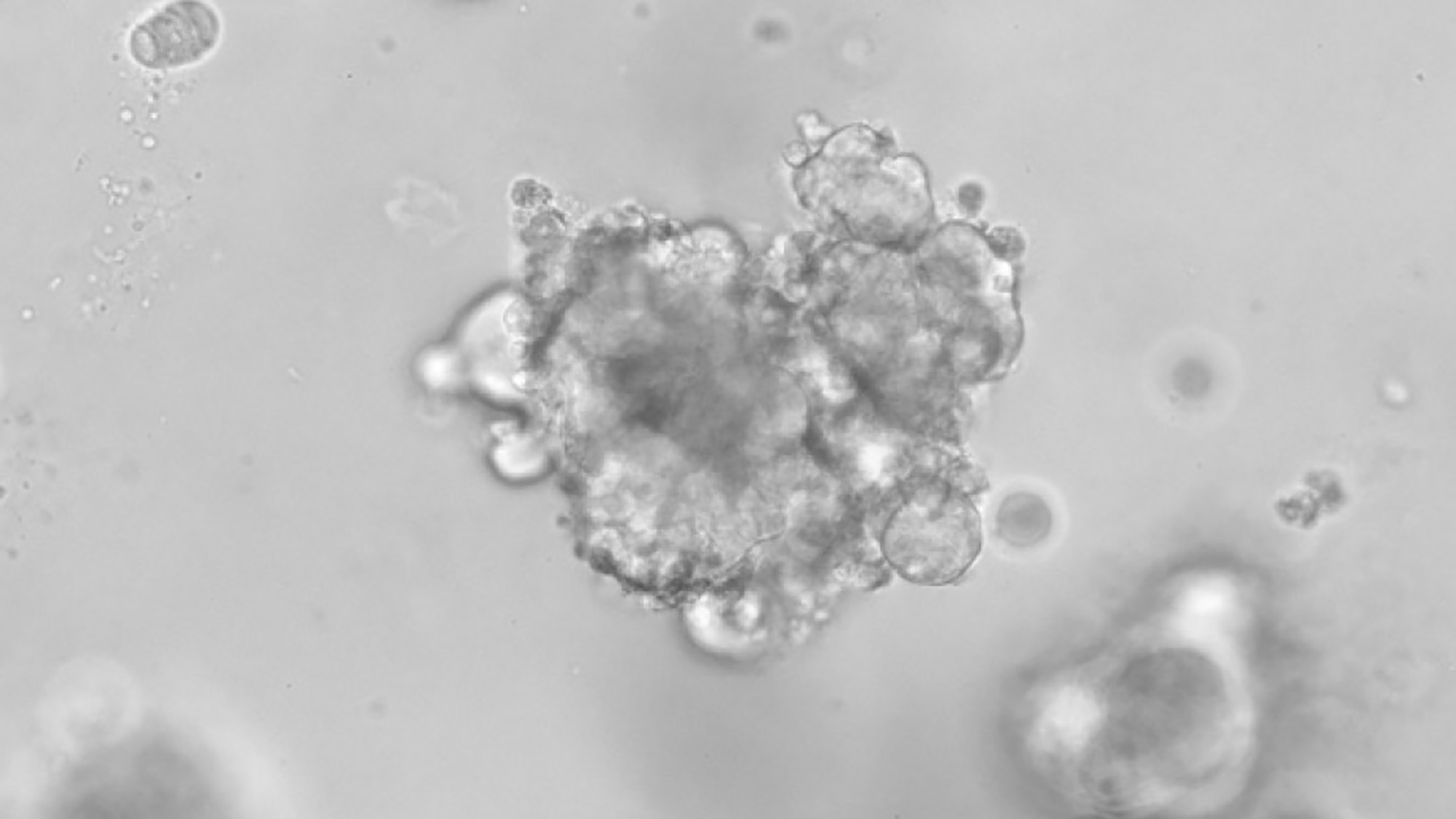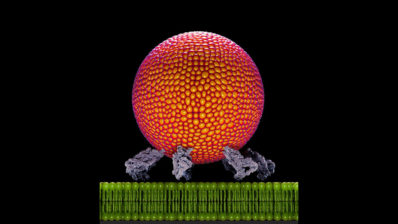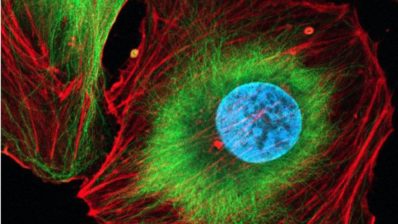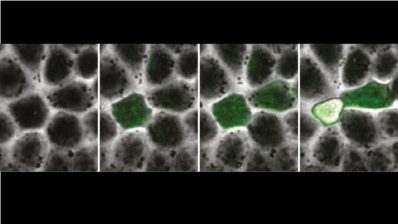Talya Dayton, a young group leader who recently joined the European Molecular Biology Laboratory – Barcelona (EMBL Barcelona), has just published a study that enables the study of neuroendocrine tumours (NETs) by culturing organoid models. Dayton succeeded in culturing lung NETs for the first time, working with teams from the Hubrecht Institute and other institutions in the Netherlands, as well as the International Agency for Research on Cancer (IARC) in Lyon, France,
NETs are rare tumours, but their incidence is increasing. The evolution of these tumours is very difficult to predict and although some are slow growing, in some cases they become aggressive. It has been very difficult to culture these tumours in the laboratory, but Dayton and her collaborators were able to create organoids from patient-derived TNEs while she was still at the Hubrecht Institute. This allowed them to establish a link between epidermal growth factor (EGF) and the growth of these tumours, opening up possibilities for developing new therapeutic strategies.
“We are using the patient-derived tumour organoid models I generated and described in this study to better understand how NETs progress and become aggressive”
Talya Dayton, EMBL Barcelona
This discovery is surprising because it challenges the conventional belief that tumours are independent of growth factors. According to this study using organoid models, dependence on growth factors could explain why tumours grow slowly – and why, when tumours become independent of growth factors, they can become aggressive.
“This recently published work lays the foundation for the research my group is currently conducting at EMBL Barcelona,” explains Dayton. “We are using the patient-derived tumour organoid models that I generated and described in this study to better understand how NETs progress and become aggressive”.
Dayton T., et al. (2023) Druggable Growth Dependencies and Tumor Evolution Analysis in Patient-Derived Organoids of Neuroendocrine Neoplasms from Multiple Body Sites. 10.1016/j.ccell.2023.11.007.







